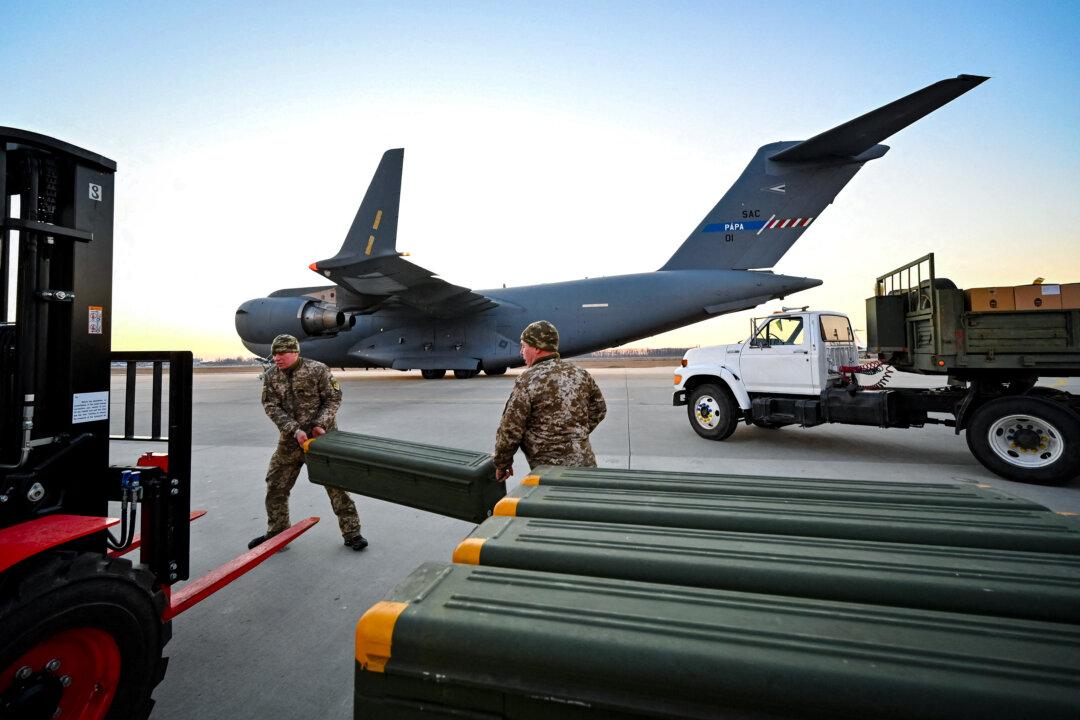A French proposal to send European troops to Ukraine was reportedly welcomed by Baltic officials at a recent meeting in Lithuania that received scant attention among Western media outlets.
Late last week, French Foreign Minister Stephane Sejourne visited Lithuania, where he met with his Ukrainian, Estonian, Latvian, and Lithuanian counterparts. At the meeting, he reportedly raised the possibility of Western troop deployments to Ukraine—an idea recently floated by French President Emmanuel Macron.





